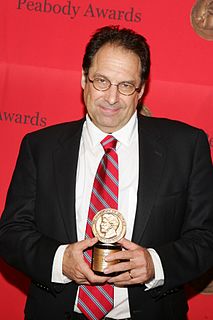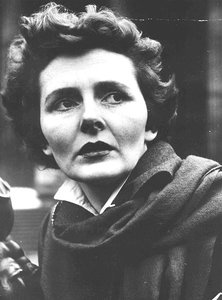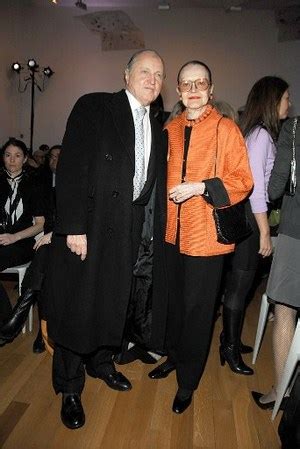A Quote by Sabina Murray
Joseph Conrad and Heart of Darkness loom huge in my development as a writer. I think I'm always trying to write Heart of Darkness - trying to explode an abstraction in concrete terms, although I am aware that Conrad's story has a bit of baggage that I'd rather avoid in my work.
Related Quotes
As soon as I start to write I'm very aware, I'm trying to be aware that a reader just might well pick up this poem, a stranger. So when I'm writing - and I think that this is important for all writers - I'm trying to be a writer and a reader back and forth. I write two lines or three lines. I will immediately stop and turn into a reader instead of a writer, and I'll read those lines as if I had never seen them before and as if I had never written them.






































